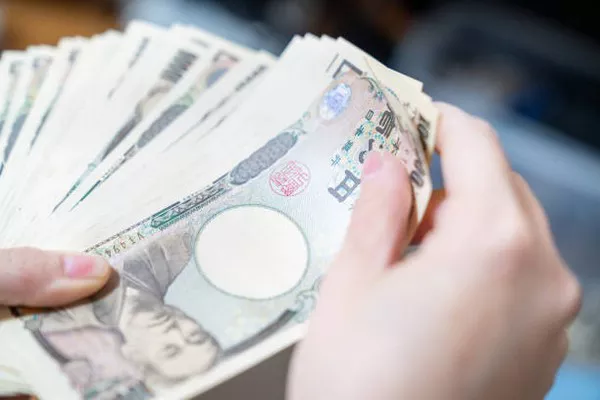For travelers embarking on a journey to Japan or conducting business in the Land of the Rising Sun, understanding Japanese yen travel money rates is essential. Whether you’re exchanging currency at a bank, using a prepaid travel card, or withdrawing cash from an ATM, the exchange rate you receive can significantly impact your overall expenses. In this comprehensive guide, we compare Japanese yen travel money rates across various channels, providing valuable insights to help you make informed decisions and optimize your currency exchange experience.
Understanding Japanese Yen Exchange Rates
Before delving into the specifics of Japanese yen travel money rates, it’s crucial to grasp the fundamentals of currency exchange. The exchange rate represents the value of one currency relative to another and fluctuates based on supply and demand dynamics, economic factors, and geopolitical events. When exchanging currency, travelers typically encounter two types of rates: the interbank rate, which is the rate banks use to trade currencies among themselves, and the retail rate, which is the rate offered to consumers by banks, currency exchange services, and other providers.
In the case of Japanese yen, travelers should pay attention to both the interbank rate, which reflects the true market value of the currency, and the retail rate, which includes fees, commissions, and markups imposed by currency exchange providers. By comparing these rates across different channels, travelers can identify the most favorable options for exchanging Japanese yen and minimize unnecessary costs.
Comparing Exchange Rates Across Different Channels
Banks: Traditional banks offer currency exchange services for customers traveling abroad. While banks may provide convenience and reliability, they often charge higher fees and offer less competitive exchange rates compared to other providers. When exchanging Japanese yen at a bank, travelers should inquire about applicable fees, exchange rate margins, and any additional charges associated with the transaction.
Currency Exchange Services: Dedicated currency exchange services, such as Travelex, CXI, and OFX, specialize in foreign exchange and may offer more competitive rates compared to banks. These providers typically operate exchange kiosks at airports, tourist areas, and major cities, allowing travelers to conveniently exchange currency on the go. However, travelers should be wary of hidden fees and unfavorable exchange rate markups when using these services.
Prepaid Travel Cards: Prepaid travel cards, also known as currency cards or forex cards, offer a convenient and secure way to access Japanese yen while traveling. These cards allow travelers to load funds in advance and use them to make purchases, withdraw cash from ATMs, and manage expenses abroad. When comparing prepaid travel cards, travelers should consider factors such as exchange rates, loading fees, ATM withdrawal fees, and card usage fees to determine the most cost-effective option.
ATMs: ATMs are a ubiquitous and convenient option for accessing Japanese yen while traveling in Japan. Many ATMs in Japan accept international cards and dispense Japanese yen, allowing travelers to withdraw cash directly from their foreign bank accounts. However, travelers should be mindful of ATM fees, currency conversion fees, and dynamic currency conversion (DCC) charges imposed by ATM operators and card issuers.
Online Currency Exchange Platforms: Online currency exchange platforms, such as TransferWise, Revolut, and Wise, offer competitive exchange rates and low fees for transferring money internationally. These platforms leverage technology to streamline the currency exchange process and provide transparent pricing, making them a cost-effective option for travelers seeking to exchange Japanese yen in advance or send money to Japan remotely.
Factors to Consider When Comparing Rates
When comparing Japanese yen travel money rates across different channels, travelers should consider the following factors to make informed decisions:
Exchange Rate Margins: Look for providers that offer narrow exchange rate margins, as smaller markups result in more favorable rates for travelers.
Fees and Charges: Evaluate the impact of transaction fees, loading fees, ATM fees, and other charges on the overall cost of currency exchange.
Convenience and Accessibility: Consider the convenience and accessibility of exchange services, including location, operating hours, and online capabilities.
Security and Reliability: Prioritize reputable and trustworthy providers with robust security measures and reliable customer support to safeguard your funds and transactions.
Conclusion
Navigating Japanese yen travel money rates can be a daunting task, but armed with the right knowledge and resources, travelers can make informed decisions and secure the best possible exchange rates. By comparing rates across different channels, understanding fee structures, and considering factors such as convenience and security, travelers can optimize their currency exchange experience and make the most of their time in Japan. Whether exchanging currency at a bank, using a prepaid travel card, or withdrawing cash from an ATM, careful planning and research are essential for maximizing value and minimizing costs when traveling in Japan.


